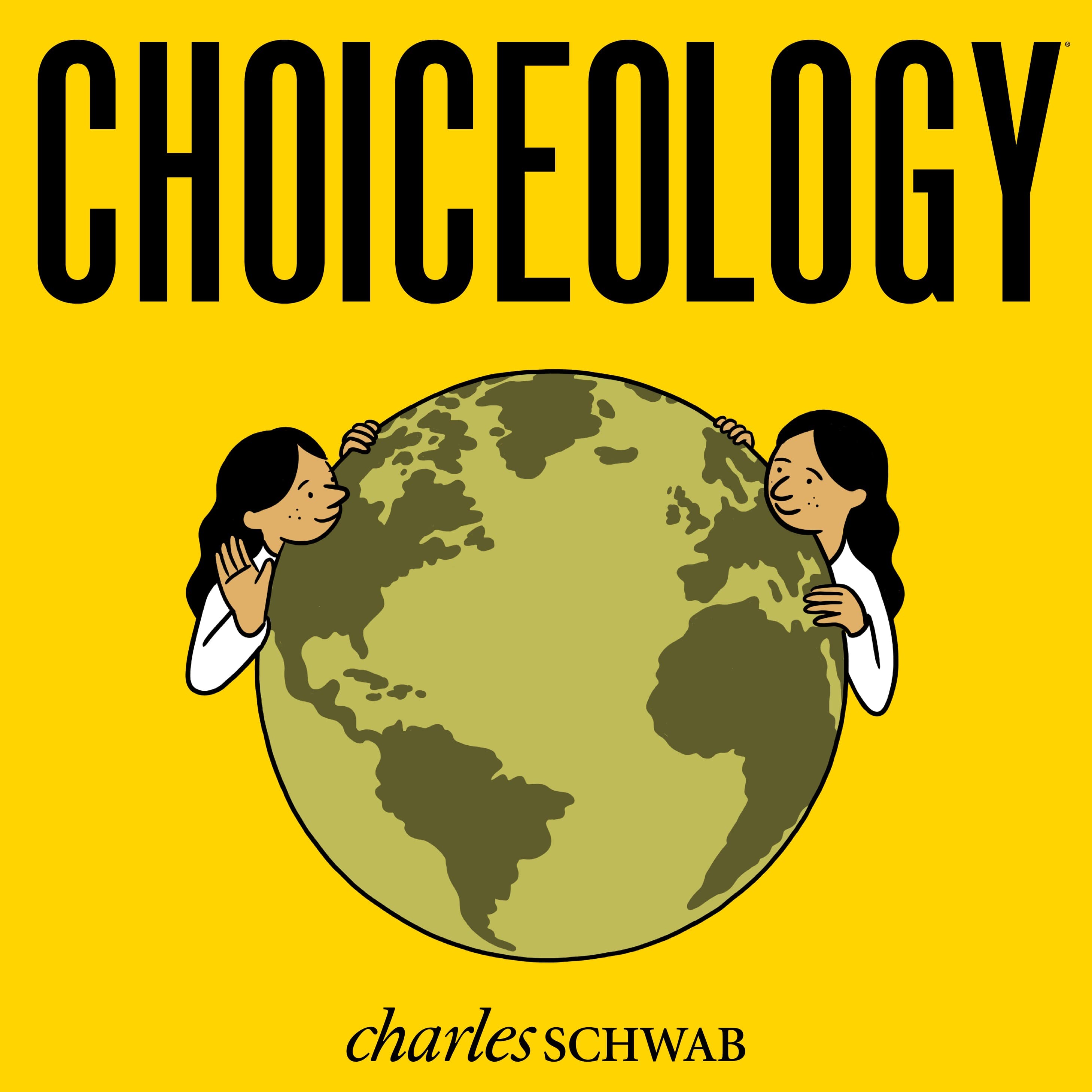So Much in Common: With Guests Samantha Futerman, Anaïs Bordier & Kareem Haggag
When we feel angry or excited, or happy or sad, the reasons for those emotions may seem obvious. Angry? It was that argument with a spouse. Excited? It was that promotion at work. Happy? Must've been that delicious meal. Sad? It was that tearjerker film, for sure. But it turns out that we often mistake the root causes of our feelings and other experiences.
In this episode of Choiceology with Katy Milkman, we look at a family of biases that affects the way we understand behaviors, events, and emotions.
Samantha Futerman and Anaïs Bordier grew up in different parts of the world. They were raised speaking different languages. They lived in very different home environments. They experienced different types of schooling. You'd probably assume these two women with very different upbringings turned out quite differently. After all, where and how you're raised has a big impact on the person you become. Surprisingly though, Samantha and Anaïs share some uncanny similarities.
Samantha Futerman is an American actress, writer, and director. She is known for her supporting role in the drama film Memoirs of a Geisha, as well as her self-made documentary film Twinsters.
Anaïs Bordier is a French designer and brand manager based in Paris. She was also a producer for the film Twinsters.
Next, Katy speaks with Kareem Haggag about how our preferences change, more than we might expect, depending on the physical state we're in. You'll hear about how early morning classes may affect the choice of a college major and how your perceptions of a restaurant may be substantially influenced by your hunger level.
Kareem Haggag is an assistant professor at the UCLA Anderson School of Management and a faculty research fellow at the National Bureau of Economic Research. You can read his research on attribution bias and other topics on his website.
Finally, Katy offers tips on how to "debias" yourself and avoid the traps of misattribution, based on Kareem Haggag's findings.
Choiceology is an original podcast from Charles Schwab.
If you enjoy the show, please leave a rating or review on Apple Podcasts.
Learn more about behavioral finance.
Explore more topics
All expressions of opinion are subject to change without notice in reaction to shifting market conditions.
The comments, views, and opinions expressed in the presentation are those of the speakers and do not necessarily represent the views of Charles Schwab.
Examples provided are for illustrative purposes only and not intended to be reflective of results you can expect to achieve.
Investing involves risk, including loss of principal.
All corporate names are for illustrative purposes only and are not a recommendation, offer to sell, or a solicitation of an offer to buy any security.
The book How to Change: The Science of Getting from Where You Are to Where You Want to Be is not affiliated with, sponsored by, or endorsed by Charles Schwab & Co., Inc. (CS&Co.). Charles Schwab & Co., Inc. (CS&Co.) has not reviewed the book and makes no representations about its content.
Apple Podcasts and the Apple logo are trademarks of Apple Inc., registered in the U.S. and other countries.
Google Podcasts and the Google Podcasts logo are trademarks of Google LLC.
Spotify and the Spotify logo are registered trademarks of Spotify AB.



